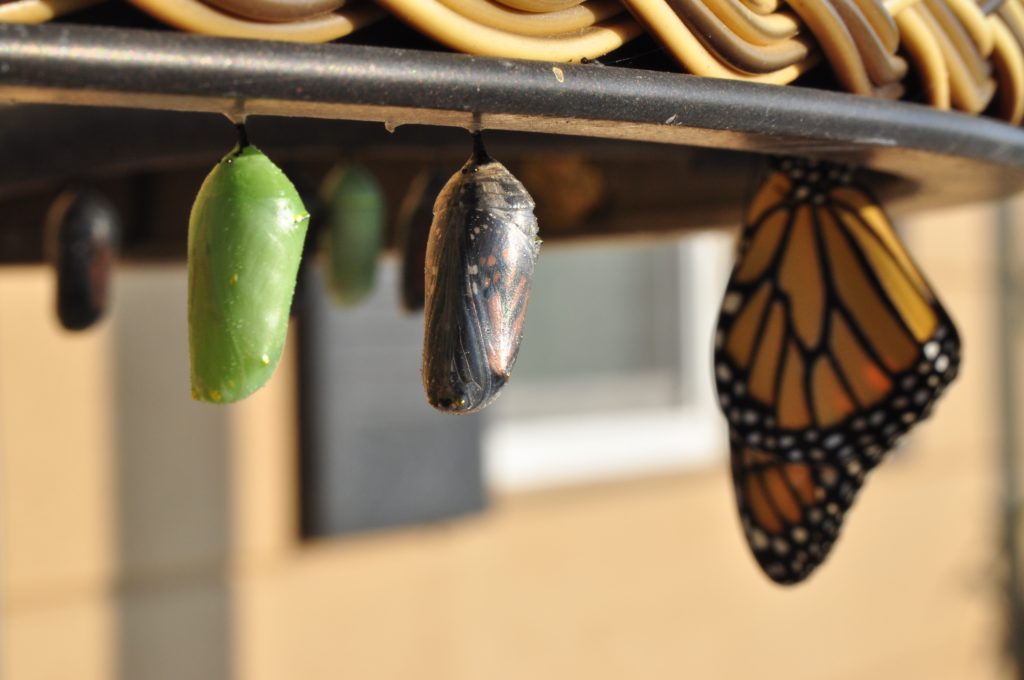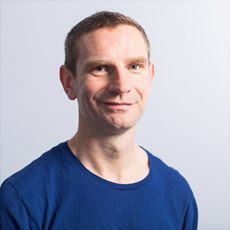Written by Professor Barry Drust

Photo by Suzanne D. Williams on Unsplash
I was recently involved in a workshop around BASES (British Association of Sport and Exercise Sciences) accreditation at the Premier League. I believe that it is currently in the Premier League rules that people involved in providing sport science support to players in elite football academies need to be (or working towards) BASES accreditation. This is obviously a strategy to help ensure that the individuals working with players are practicing safely and effectively. This attempt at quality control has to be a positive thing. I do wonder though about the way that people interact with educational experiences when they feel like they have to do them rather than when they want to do them.
I recently applied to renew my BASES accreditation after letting it lapse for a number of years. To be honest this wasn’t really my choice but rather a result of a requirement by an organisation. I did see the benefit at some level for my professional activity as I knew that obtaining accreditation would enable me to do things that I currently couldn’t (e.g. supervise people on accreditation). On the whole though I just saw doing the application as a hoop that I had to jump through and not one that I would get that much out of. It felt like I was just trying to do what I needed to try and get the qualification because someone thought I should rather than me doing it because I thought it was important. My views around the experience were narrow and focussed and probably a little closed.
After completing the paperwork I realised that I couldn’t have been more wrong. I actually got loads out of the process of doing the application especially around the need to articulate my thoughts on my approach to working and the diversity of skills that I often need to use to complete the activities I am involved in. This was a pleasant surprise and definitely made me think differently about what I had actually got out of the experience. I’d obviously like the application to be successful (at the time of writing I don’t know the outcome) but actually I am happy that I got something positive out of it personally irrespective of the external validation. It also reminded me that I shouldn’t probably go into learning experiences with a relatively closed focus around what I would get out of it.
I think the approach I had initially with my BASES project was not unusual. People frequently seemed motivated to do continuous professional development (CPD) tasks to get another certificate. The focus is clearly on attaining the outcome. This experience reinforced my view that the learning associated with CPD is linked to the process one goes through to get the award. While there is no problem at one level just “ticking the boxes” you need to tick to get to the finish line understanding the processes behind what you are doing and why they are effective unlocks so many more possibilities for an individual. They enable a person to develop a broader base of translatable skills that can be often be applied more broadly than the area in which the qualification is located.
A focus on the processes that people use are a real aim of the educational activities that we are delivering at the GSSPP in Birmingham. Our thoughts around our educational philosophy are to not only give people great qualifications but to challenge the way in which people engage with these learning experiences to try and think about the process they use to solve their problems. Hopefully this approach adds value to the courses we deliver and goes some way to supporting the impact that those we work with want to have in their actions.

B.Drust@bham.ac.uk

This blog post really delves into the essence of professional development in the realm of sports science, particularly through BASES accreditation. It’s enlightening to see the transformation in perspective from viewing accreditation as a mere requirement to appreciating the enriching process it entails. The author’s honest recount of initial reluctance turning into a valuable self-reflection and learning experience is relatable and inspires a positive outlook towards continuous professional development. The emphasis on engaging deeply with the process rather than fixating solely on the end qualification resonates well. It’s a reminder that the journey of learning and self-improvement often holds more value and potential for broader skill development than the destination. This post also reflects a thoughtful educational approach at GSSPP in Birmingham, promoting a deeper understanding and engagement in learning processes, which is indeed commendable.